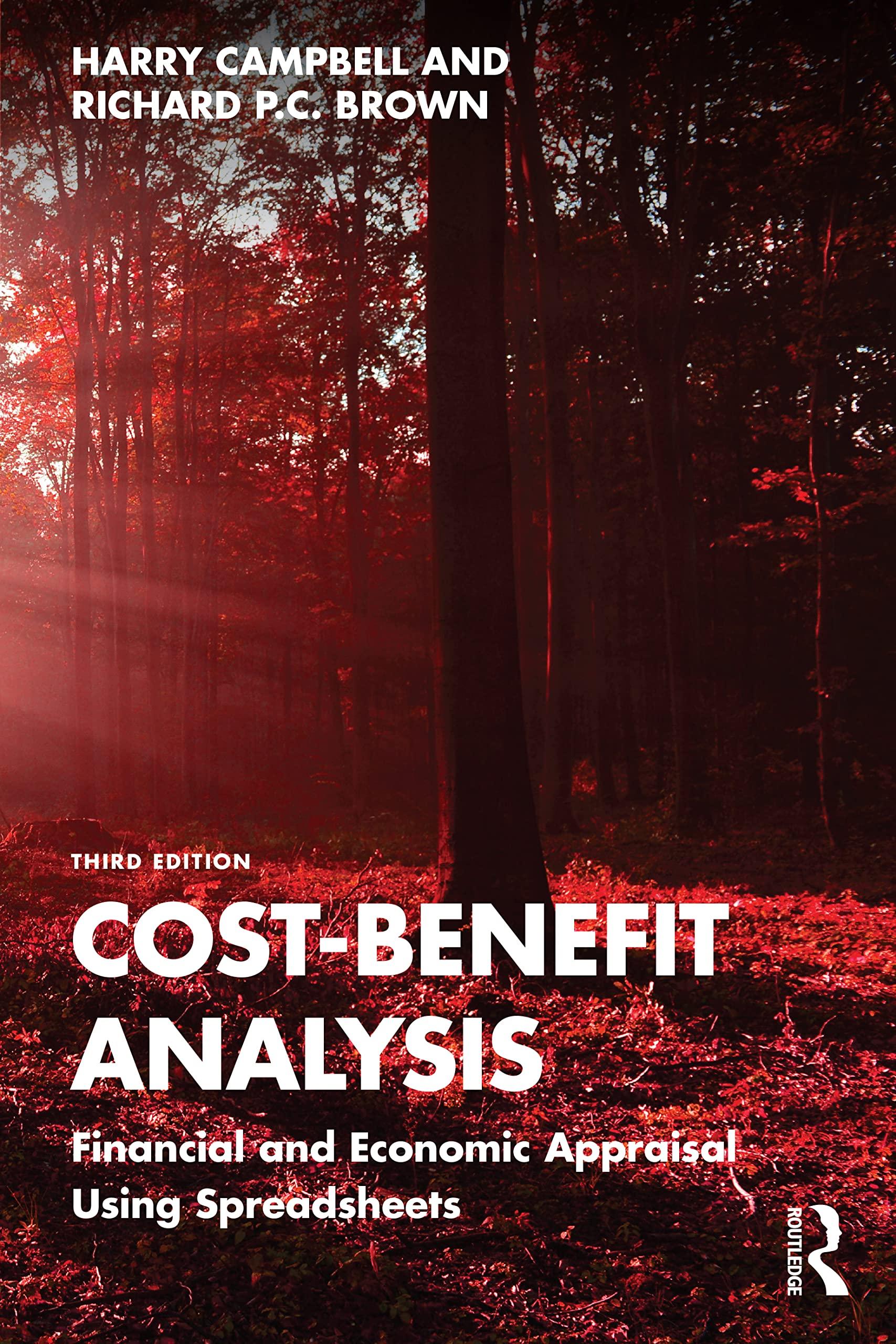12-22 NEW PROJECT ANALYSIS You must analyze a potential new product-a caulking com- pound that Cory Materials R&D people developed for use in the residential construc tion industry Cory's marketing manager thinks the company can sell 115,000 tubes per required equipment would cost $150,000, plus another $25,000 for shipping and installa- tion. Current assets (receivables and inventories) would increase by $35,000, while cur rent liabilities (accounts payable and accruals) would rise by $15,000. Variable cost per unit is $1.95, fixed costs (excluding depreciation) would be $70,000 per year, and fixed assets would be depreciated under MACRS with a 3-year life. (Refer to Appendix 12A for MACRS depreciation rates.) When production ceases after 3 years, the equipment should have a market value of $15,000. Cory's tax rate is 40%, and it uses a 10% WACC for average-risk projects. a. Find the required Year O investment and the project's annual cash flows. Then calcu- late the project's NPV, IRR, MIRR, and payback. Assume at this point that the project is of average risk b. Suppose you now learn that R&D costs for the new product were $30,000 and that those costs were incurred and expensed for tax purposes last year. How would this affect your estimate of NPV and the other profitability measures? c. If the new project would reduce cash flows from Cory's other projects and if the new project would be housed in an empty building that Cory owns and could sell, how would those factors affect the project's NPV? d. Are this project's cash flows likely to be positively or negatively correlated with returns on Cory's other projects and with the economy, and should this matter in your analysis? Explain. 12-22 NEW PROJECT ANALYSIS You must analyze a potential new product-a caulking com- pound that Cory Materials R&D people developed for use in the residential construc tion industry Cory's marketing manager thinks the company can sell 115,000 tubes per required equipment would cost $150,000, plus another $25,000 for shipping and installa- tion. Current assets (receivables and inventories) would increase by $35,000, while cur rent liabilities (accounts payable and accruals) would rise by $15,000. Variable cost per unit is $1.95, fixed costs (excluding depreciation) would be $70,000 per year, and fixed assets would be depreciated under MACRS with a 3-year life. (Refer to Appendix 12A for MACRS depreciation rates.) When production ceases after 3 years, the equipment should have a market value of $15,000. Cory's tax rate is 40%, and it uses a 10% WACC for average-risk projects. a. Find the required Year O investment and the project's annual cash flows. Then calcu- late the project's NPV, IRR, MIRR, and payback. Assume at this point that the project is of average risk b. Suppose you now learn that R&D costs for the new product were $30,000 and that those costs were incurred and expensed for tax purposes last year. How would this affect your estimate of NPV and the other profitability measures? c. If the new project would reduce cash flows from Cory's other projects and if the new project would be housed in an empty building that Cory owns and could sell, how would those factors affect the project's NPV? d. Are this project's cash flows likely to be positively or negatively correlated with returns on Cory's other projects and with the economy, and should this matter in your analysis? Explain







